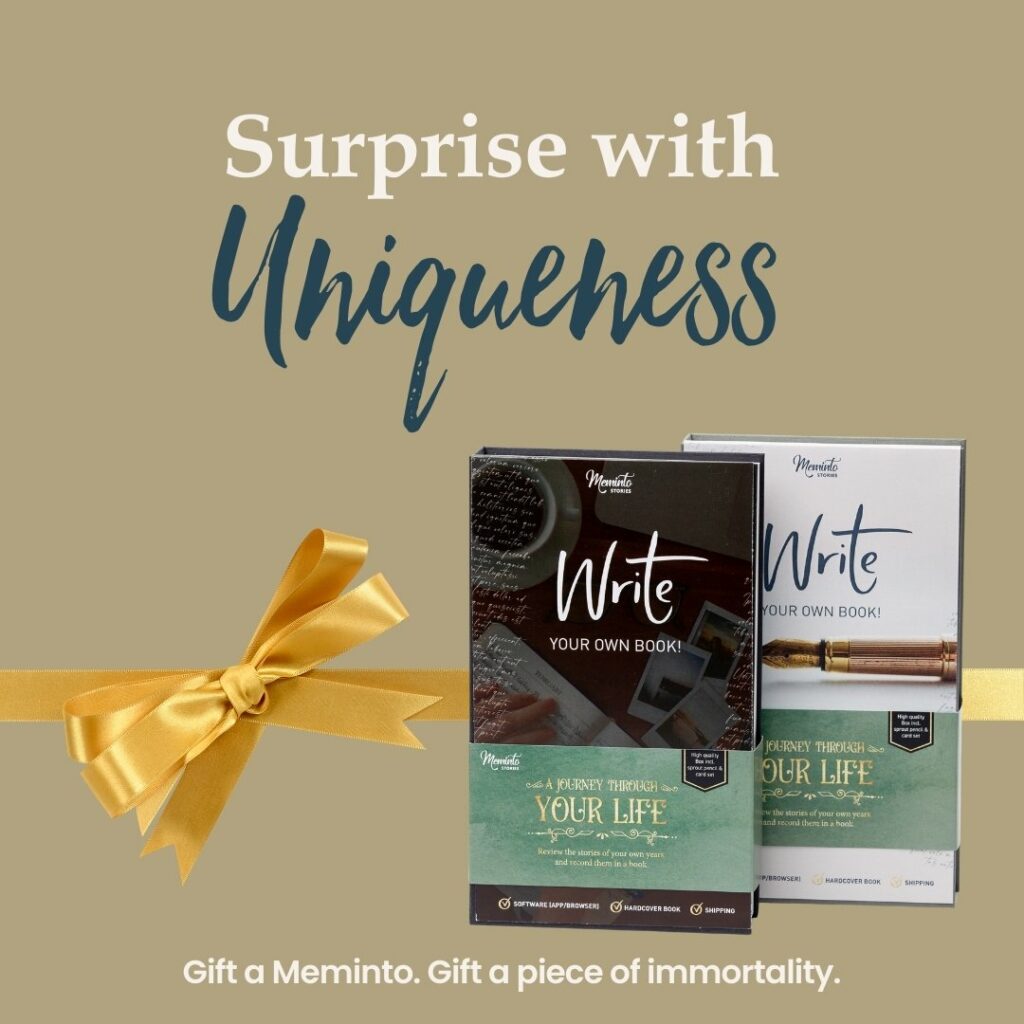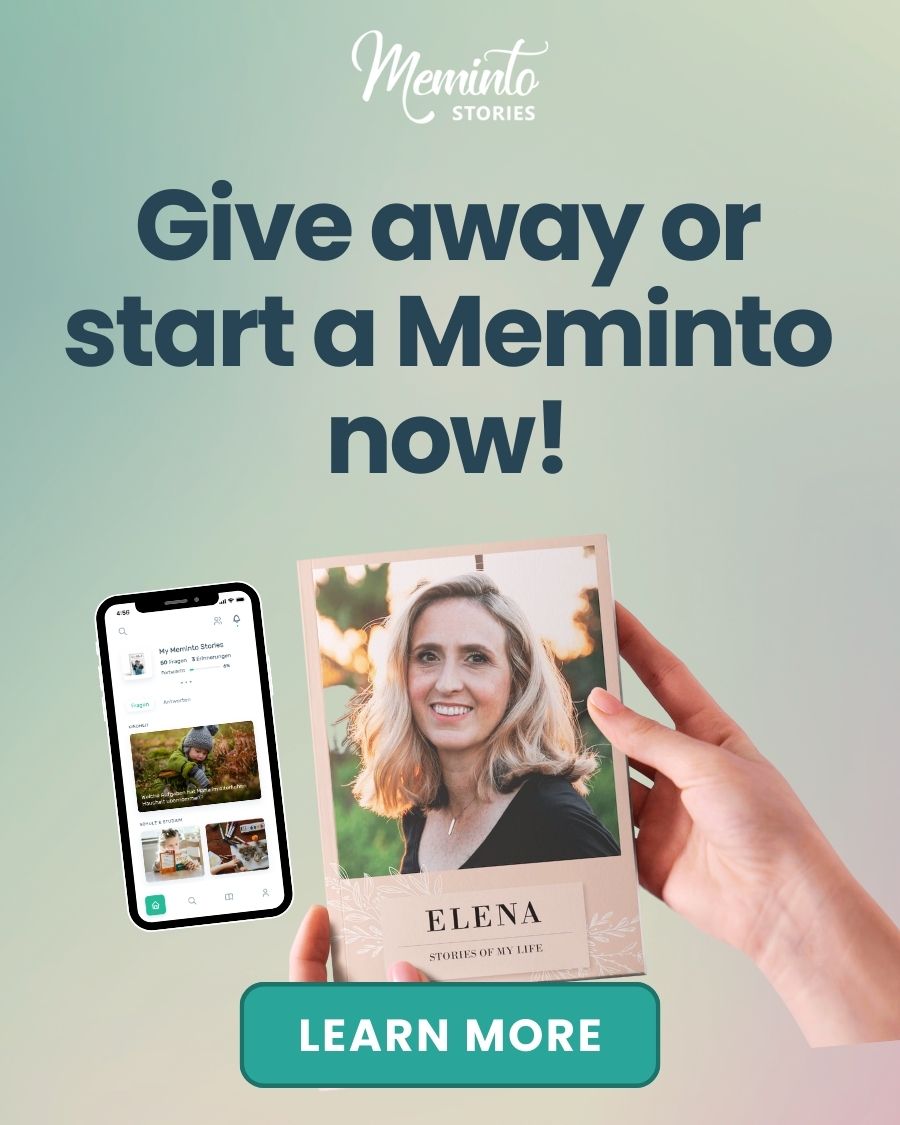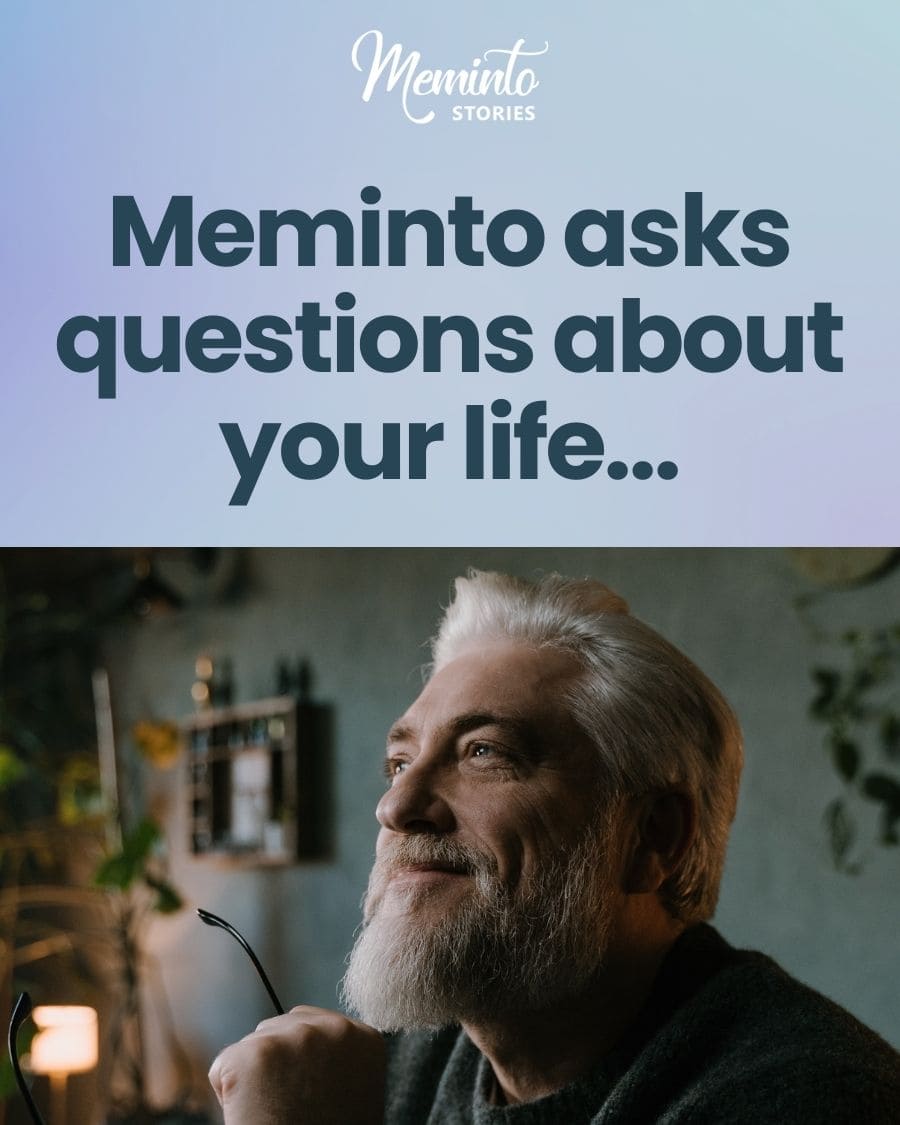Stories have a way of connecting us, offering a glimpse into lives shaped by unique experiences. Whether you’re captivated by personal reflections or fascinated by the broader strokes of history, storytelling invites us to explore what makes a life meaningful.
Two popular ways to share life stories are through memoirs and biographies.
But how do you decide which one is right for your story? Memoirs capture intimate moments, while biographies aim to document a complete life.
Each has its own strengths, and understanding these can help you choose the format that best fits your narrative.
Let’s explore the key differences between memoirs and biographies and discover which might be the perfect fit for your story.
Key Takeaways
- Memoirs focus on personal experiences and emotional depth, while biographies provide a comprehensive, fact-based account of someone’s life.
- Memoirs allow for creative flexibility and an intimate exploration of themes, while biographies are often more structured and research-driven.
- Readers of memoirs seek emotional connection and relatability, whereas biography readers expect thorough, objective insights into a person’s life and achievements.
- Memoirs are ideal for personal reflection or sharing specific life experiences, while biographies are suited for documenting significant, impactful lives.
- Meminto is a powerful tool that allows you to write both memoirs and biographies, offering organized structure, multimedia features, and collaboration options.
- When choosing between writing a memoir or a biography, consider your goals whether you want to explore personal experiences or document a life’s work.
The Meminto Life Book.
Answer a life question weekly and hold a real book in your hands within a year.
What is a Memoir?
A memoir is a deeply personal account that focuses on specific experiences, themes, or periods in a person’s life.
Unlike an autobiography, which covers an entire lifespan, a memoir hones in on moments that hold particular significance to the author.
It’s less about chronology and more about meaning, providing a window into the author’s emotions, reflections, and lessons learned along the way.
Memoirs are typically written in the first person, which gives them a raw and intimate feel. Readers are invited to step into the writer’s shoes and see the world from their perspective.
Because of this, memoirs often resonate on an emotional level, offering insights into universal struggles, joys, and triumphs.
The beauty of a memoir lies in its subjectivity. It doesn’t aim to present every detail with objective precision. Instead, it highlights the moments that shaped the author’s journey.
Popular examples include Becoming by Michelle Obama and The Glass Castle by Jeannette Walls, both of which provide a deeply personal and relatable look at specific chapters in the authors’ lives.
Memoirs inspire, connect, and often leave readers reflecting on their own journeys.
Get $10 off your first Meminto book project 📖
We appreciate you for reading this article. As a token of our gratitude, we would like to offer you a special $10 discount on your first book with Meminto!
What is a Biography?
A biography is a detailed account of someone’s life, often written by another person. Unlike a memoir, which captures specific moments or themes, a biography aims to present a comprehensive picture of a person’s journey, from their early life to their achievements and, sometimes, their legacy.
It’s a factual narrative, often supported by extensive research, interviews, and historical context.
Biographies are written in the third person and focus on providing an objective perspective. The goal is to document a person’s life in a way that informs, educates, and sometimes even inspires readers. They may cover personal milestones, professional accomplishments, and the impact the individual has had on their community, industry, or even the world.
For example, Steve Jobs by Walter Isaacson explores the life of the iconic entrepreneur, shedding light on his creative genius and flaws. Similarly, Alexander Hamilton by Ron Chernow offers a meticulous look at one of America’s Founding Fathers, combining rich storytelling with historical accuracy.
Purpose and Scope
Memoirs and biographies differ not only in how they’re written but also in their purpose and scope. Understanding these distinctions can help you choose the right format to tell your story.
Memoir: Personal Reflection
The primary purpose of a memoir is to share personal reflections and experiences. Memoirs often explore specific themes, such as resilience, love, or personal growth, providing readers with an intimate look at how the author navigated life’s pivotal moments.
The scope is typically narrow, focusing on select chapters or themes rather than an entire lifespan. This allows the author to dive deep into emotional nuances and offer lessons learned. Memoirs are ideal for readers who seek relatability, inspiration, or a deeper understanding of the human condition.
Biography: Documenting a Life
Biographies aim to document a person’s entire life, often with a broader purpose of preserving history, sharing knowledge, or celebrating achievements. They provide readers with a well-rounded understanding of the subject’s life, from their upbringing to their major accomplishments and challenges.
The scope is wide, encompassing personal, professional, and historical contexts. This format appeals to readers interested in learning about influential figures and the impact they’ve had on their fields or society as a whole.
Writing Style and Voice
The writing style and voice of a memoir differ significantly from that of a biography, reflecting their distinct purposes and perspectives.
Memoir: Conversational and Intimate
A memoir is written in a conversational, first-person voice that feels personal and reflective. The writing style often mirrors the author’s personality, allowing their unique voice shine. It’s less about adhering to strict structure and more about capturing the emotional essence of the author’s experiences.
The tone can range from humorous and lighthearted to serious and introspective, depending on the subject matter. Since memoirs delve into personal stories, they often incorporate vivid descriptions, sensory details, and inner thoughts to create a rich, immersive experience for the reader. The goal is to evoke emotions and foster a sense of connection.
Biography: Structured and Objective
In contrast, a biography is typically written in the third person, adopting a more formal and objective tone. The writing style prioritizes clarity, accuracy, and coherence, ensuring that the narrative flows smoothly while presenting factual information.
Biographers often rely on extensive research, including interviews, letters, and historical records, to piece together their subject’s life. This results in a structured account that balances storytelling with factual accuracy. While some biographies may include a touch of the author’s voice, the focus remains on providing a comprehensive and impartial portrayal of the subject.
In short, memoirs invite readers into the author’s personal world, while biographies provide an objective lens through which readers can explore a life in its entirety. Each style and voice serves a unique purpose, catering to different reader expectations.
Audience Expectations
Memoirs and biographies draw different types of readers, each with their own hopes for what they’ll take away from the story.
Memoir: Seeking Connection and Inspiration
Memoir readers are drawn to personal stories that resonate with their own experiences or provide a fresh perspective on life. They expect to be taken on an emotional journey, filled with raw honesty, vulnerability, and meaningful reflections. Whether the story is one of triumph, heartbreak, or self-discovery, readers look for inspiration and relatability in the author’s words.
Biography: Craving Knowledge and Context
Those who pick up biographies are often looking for knowledge and a deeper understanding of a person’s life and contributions. They expect a well-researched narrative that offers a comprehensive look at the subject’s upbringing, career, and impact on the world. Biographies appeal to readers who value historical accuracy, detailed timelines, and insights that place the individual within a broader cultural or societal framework.
Examples of Memoirs and Biographies
Famous Memoirs
- Becoming by Michelle Obama
This memoir offers a candid glimpse into the life of the former First Lady. Michelle Obama reflects on her journey from a working-class neighborhood in Chicago to the global stage as a powerful advocate for education and healthy living. The book captures her personal and professional milestones, including the challenges and triumphs of life in the White House, while inspiring readers to embrace their own stories.
- Educated by Tara Westover
Tara Westover’s memoir recounts her transformation from growing up in a strict, survivalist family in rural Idaho to earning a PhD from Cambridge University. Through vivid storytelling, she explores themes of resilience, identity, and the power of education. Westover’s journey resonates with readers seeking inspiration to overcome adversity.
Notable Biographies
- Steve Jobs by Walter Isaacson
This biography provides an in-depth look at the life of Apple’s co-founder, Steve Jobs. Based on interviews with Jobs and those close to him, the book chronicles his early life, groundbreaking innovations, and the creation of products like the iPhone and Mac. Isaacson highlights both Jobs’ brilliance and his often-challenging personality, offering a balanced portrait of a visionary who revolutionized technology.
- Alexander Hamilton by Ron Chernow
Ron Chernow’s comprehensive biography of Alexander Hamilton tells the story of one of America’s Founding Fathers. From his humble beginnings as an orphan to his role as the nation’s first Treasury Secretary, the book reveals Hamilton’s immense contributions to shaping the U.S. financial system. Chernow also explores Hamilton’s personal struggles, making this biography a rich blend of history and character study.
These examples showcase how memoirs focus on personal moments and reflections, while biographies offer a broader exploration of a person’s life and legacy.
Pros and Cons of Each Format
Both memoirs and biographies have unique strengths and limitations, making each suitable for different storytelling goals. Let’s explore the advantages and drawbacks of each.
Memoir
Pros
- Emotional Depth: Memoirs offer an intimate look into the author’s emotions and personal experiences, creating a deep connection with readers.
- Flexible Structure: The format allows authors to focus on specific themes or periods, giving them creative freedom to shape their narrative.
- Relatability: Memoirs often tackle universal themes like love, loss, or personal growth, making them highly relatable.
- Authorial Voice: The first-person perspective brings authenticity and a unique voice to the story.
Cons
- Subjectivity: Since memoirs rely on personal memory, they may lack factual accuracy or objectivity.
- Limited Scope: By focusing on select experiences, memoirs may leave readers wanting more context about the author’s life.
- Potential Bias: The author’s perspective can overshadow other viewpoints or details.
Biography
Pros
- Comprehensive Coverage: Biographies provide a full account of a person’s life, offering a detailed and well-rounded perspective.
- Factual and Objective: Supported by thorough research, biographies deliver a reliable and accurate narrative.
- Broader Context: They often include historical, cultural, or social background, enriching the story’s depth and relevance.
- Educational Value: Biographies help readers learn about influential figures and their contributions.
Cons
- Less Personal: The third-person perspective can feel distant, making it harder for readers to emotionally connect with the subject.
- Time-Consuming Research: Writing a biography requires extensive investigation, which can be a lengthy process.
- Potential Dryness: Without engaging storytelling, biographies may come across as overly factual or tedious.
Choosing between a memoir and a biography depends on your storytelling goals, whether you want to share personal reflections or document a life in its entirety.
Which Should You Choose?
Deciding whether to write a memoir or a biography depends on your goals, the story you want to tell, and the audience you’re targeting. Each format offers unique benefits, and the choice should reflect your approach to storytelling.
Write a Memoir When:
- You Want to Share Personal Experiences: Memoirs focus on specific life events or periods that are significant to you. If you want to share your personal journey or reflections on a particular aspect of your life, a memoir is the way to go.
- Your Story is Emotionally Driven: If your narrative revolves around deep personal emotions, struggles, or triumphs, a memoir allows you to connect with readers on a profound level.
- You’re Interested in Self-Discovery or Growth: Memoirs often explore themes of self-discovery, personal growth, or overcoming challenges. If you want to reflect on how an experience shaped who you are, a memoir gives you the freedom to delve into these topics.
- You Want to Focus on a Specific Theme or Period: Unlike biographies, which cover an entire life, a memoir allows you to zoom in on a particular theme or chapter, like childhood, career, or relationships.
Write a Biography When:
- You Want to Document a Full Life Story: Biographies are best suited for telling the comprehensive story of a person’s life, highlighting key moments, achievements, and their broader impact. If your goal is to document a life’s work or historical significance, a biography is ideal.
- You Want to Offer an Objective Perspective: If you’re telling someone else’s story or focusing on facts and details, a biography gives you the space to present an objective, researched account of that person’s life.
- Your Subject is an Influential Figure: Biographies are perfect for individuals whose actions have shaped history, culture, or their respective fields. If you want to explore someone’s contributions or legacy, a biography can give their achievements the attention they deserve.
- You Need to Provide Historical or Contextual Background: Biographies often include historical context and research that shape the narrative. If your story benefits from understanding the larger social, cultural, or political landscape, a biography will allow you to weave these elements together.
Both formats serve valuable purposes, so the decision ultimately depends on the focus of your story, whether it’s about a personal experience or an objective portrayal of someone’s life.
Writing Your Memoir or Biography with Meminto
Meminto makes writing your memoir or biography easier than ever. Whether you’re writing your own life story or documenting someone else’s, Meminto offers a user-friendly platform that allows you to organize, structure, and craft your narrative with ease.
Why write with Meminto:
- Organized Storytelling: Meminto helps you structure your thoughts, making it easy to break down your story into chapters, themes, or life stages.
- Interactive Tools: You can add photos, documents, and personal notes to enrich your narrative and provide context to your story.
- Customizable Templates: Choose from a variety of templates designed for both memoirs and biographies, ensuring your story has a polished and professional look.
- Memory Prompts: Meminto’s memory prompts guide you through key moments and themes, helping you recall important details and emotions that might otherwise be forgotten.
- Collaboration: If you’re working on a biography, Meminto allows for easy collaboration with others, ensuring that you can gather multiple perspectives to enrich the narrative.
- Multimedia Integration: Add audio recordings, videos, or scanned documents to give your story depth and make it more engaging for readers.
- Secure and Private: With Meminto, you can rest assured that your work is stored securely and remains private, only shared when you’re ready.
Whether you’re writing a deeply personal memoir or a detailed biography, Meminto provides the tools you need to bring your story to life.
How to Write a Memoir or Biography with Meminto
- Go to Meminto homepage, go to the quick selection menu and pick from our selection of books.
- Pick who writes the memories by choosing either “I Will” or “Someone Else Will.”
- Select the number of pages and input any other options you prefer. The system will generate your total, then click “Add to Cart.”
- Input your Shipping Details and select payment method preference. If you have a promo code, apply it to get a discount.
- Review and Confirm your order, then track your delivery status from the checkout page.
- Check Your Email for the confirmation and activation code, then go to memin.to/register.
- Create Your Account by entering your details or the details of whoever you want to gift. Input the activation code sent to your email, then set a password to sign up.
- Once registered, choose your language preference (English or German) and set the day you’d like to receive memory prompts.
- Personalize the book design by selecting layouts and other design preferences. You could also leave the customization to whoever you gift a Meminto book to.
- Watch any of Meminto’s explainer videos that suit the product you want. You can also forward it to your loved ones when you gift them a Meminto book.
Wrapping Up
Whether you’re drawn to the personal, reflective nature of a memoir or the comprehensive, researched style of a biography, both formats offer unique opportunities to share a life story. Choosing between the two depends on your goals, your audience, and the type of story you want to tell.
With Meminto, you can write either a memoir or biography, with features designed to help you structure, enrich, and preserve your narrative. Whichever format you choose, the power to share a meaningful, impactful story is in your hands.
Ready to start writing? Get started with Meminto today!


















